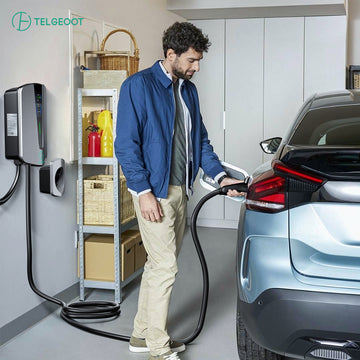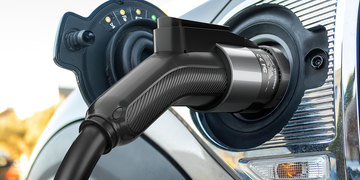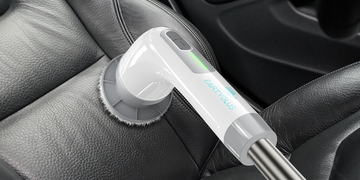Best practices for electric vehicle (EV) battery charging encompass several key guidelines to optimize the charging process and enhance the overall performance and longevity of the battery.
One crucial aspect of owning an EV is understanding how to charge its battery effectively to ensure long-term performance and longevity. Proper charging practices are not only essential for day-to-day convenience but also play a pivotal role in ensuring the battery's health and overall efficiency. Here are some recommended practices:
How Does EV Charging Work?
EVs use stored electricity in a battery pack to propel an electric motor, which drives the wheels. Unlike internal combustion engine (ICE) vehicles that rely on gasoline or diesel fuel, EVs rely solely on electric power.
The battery is a crucial component of an EV, responsible for storing the electricity that powers the electric motor. It is made of multiple cells connected to form a large unit, determining the car's range or how far it can travel on one charge.
Most EVs use lithium-ion batteries, similar to the ones used in laptops and smartphones. These batteries are lightweight, have a high energy density, and are rechargeable. Moreover, they are considered safe and have a long battery lifespan.
EV batteries are charged using an external power source like an electric vehicle supply equipment (EVSE).
EV charging involves converting electrical energy from the power grid into chemical energy stored in the vehicle's battery. EVs mainly use three types of charging:
Level 1 Charging: This involves plugging your EV into a standard 120-volt household outlet. Level 1 charging is the slowest method and is ideal for overnight charging.
Level 2 Charging: With a higher power output of 240 volts, Level 2 charging is faster and requires a dedicated charging station. It is suitable for daily charging at home or in public charging stations.
DC Fast Charging: This ultra-fast charging method delivers direct current (DC) to the vehicle's battery, significantly reducing charging time. DC fast chargers are commonly found along highways for quick top-ups during long trips.

Best Practices for EV Battery Charging
EV batteries can last up to 200,000 miles or more, and damage or extended use may not always require battery replacement. Repairs could be possible depending on the situation. Charging your EV right can avoid costly damages and ensure long-term battery health. Following EV charging best practices can make repairs more affordable and extend battery life.
Use a Dedicated Charger:
Whenever possible, use a dedicated EV charger rather than a standard electrical outlet. Dedicated chargers are designed to provide the necessary power and are more efficient.
Charge at a Moderate Rate:
Charging at a moderate rate helps reduce heat generation, which can be detrimental to battery health. Avoid rapid charging unless necessary, as it may accelerate battery degradation.
Avoid Deep Discharges:
Try to avoid letting the battery charge level drop to very low percentages regularly. Deep discharges can contribute to wear and tear on the battery.
Manage Charging Levels:
Consider setting charging limits to avoid constantly charging to 100%. Charging to slightly below the maximum capacity can reduce stress on the battery.
Charge During Off-Peak Hours:
Whenever possible, charge your EV during off-peak hours to take advantage of lower electricity rates and reduce strain on the electrical grid.
Maintain a Moderate Temperature:
Extreme temperatures, both hot and cold, can affect battery performance. If possible, park your EV in a moderate temperature environment and avoid charging in extreme conditions.
Regularly Update Charging Software:
Keep the charging software and firmware of your EV up to date. Manufacturers often release updates that can optimize charging algorithms and improve overall battery management.
Use Smart Charging Features:
Take advantage of smart charging features if available. These features can optimize charging times based on factors like electricity rates and grid demand.
Monitor Battery Health:
Keep an eye on your EV's battery health through the vehicle's onboard system or dedicated apps. Regular monitoring can help detect potential issues early.
To maintain the health of your EV battery, you should also focus on the car battery charger amps. Using a charger with suitable amperage will help ensure a safe and efficient charging process, extending the lifespan of your electric vehicle's battery.





